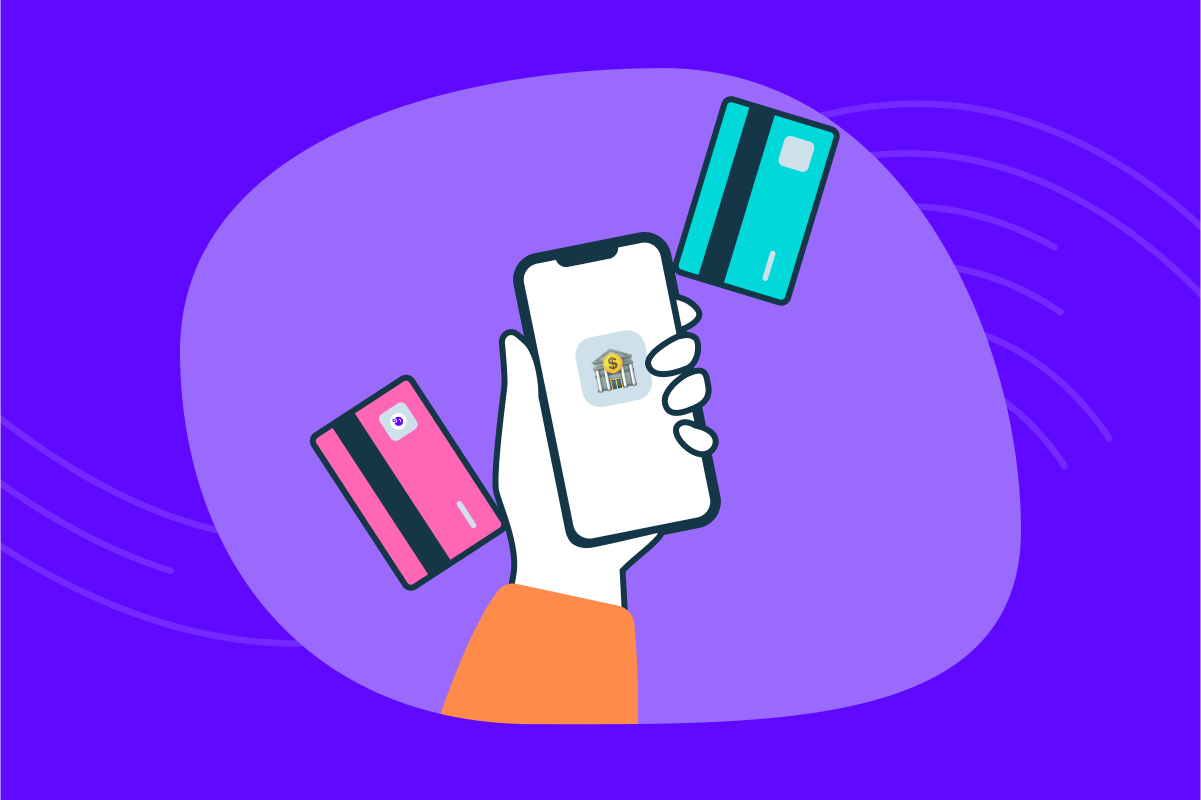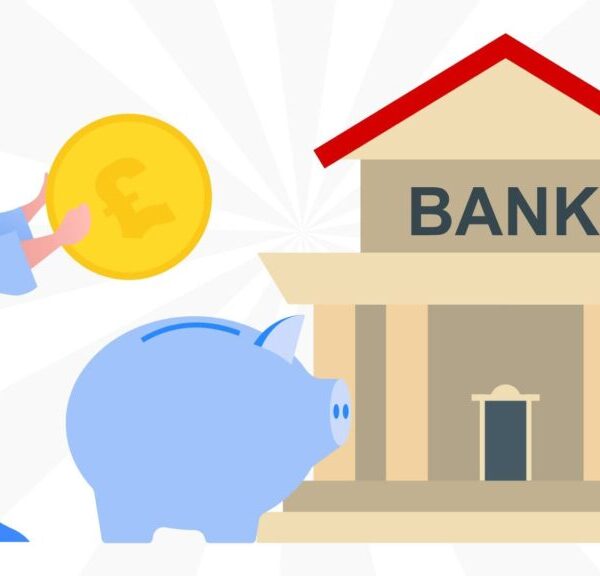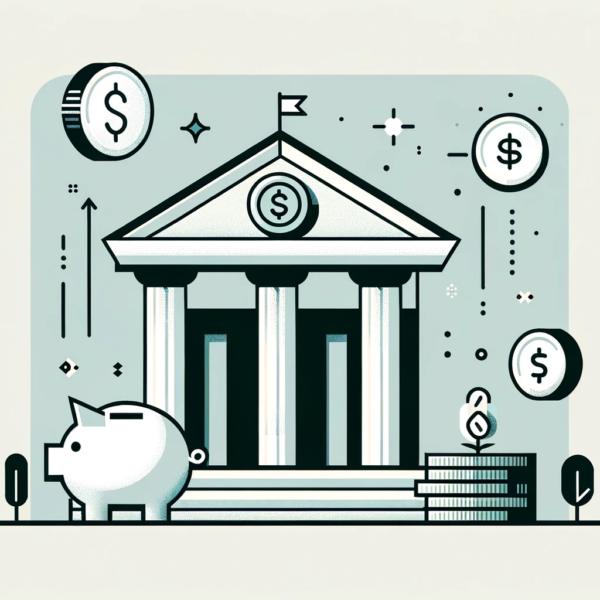What is NeoBank
Neobanks provide checking, savings, budgeting, and cash advances via mobile app or internet. Customers seeking flexibility, convenience, and transparency in banking usually choose these.
Neobanks may provide reduced savings account fees and better interest rates since they don’t have physical facilities. They have easier-to-use applications and websites and a better consumer experience.
Neobanks must work with licensed banks to supply goods and services and ensure deposits are guaranteed by the Federal Deposit Insurance Corporation since most are not chartered by the Office of the Comptroller of the Currency.
Neobanks vs. banks
Neobanks vary from online and conventional banks in many ways. Some conventional banks are online-only, but not neobanks. For instance, Ally Bank is a fully licensed online-only bank but not a neobank (see below for why).
Neobanks vary from ordinary banks in that they:
- Not chartered by state or federal authorities like banks. Banks with state or national charters must follow specific criteria. For deposit protection, chartered banks need FDIC insurance.
- Branchless. Neobanks lack physical premises to minimize expenses and serve digital-first consumers. Neobanks may provide reduced or no-fee goods and better rates due to fewer overhead.
- Possibly fewer goods. Neobanks may provide fewer goods than large banks to decrease risk and expenses.
- Digital-first interface. Neobanks only function on mobile and web platforms, hence their platforms are optimized for them. Virtual banking enthusiasts may profit greatly from this.
- Must have a bank partner to insure deposits. Most neobanks are not FDIC-insured like ordinary banks. Neobanks may provide FDIC-insured accounts up to $250,000 if they join with an FDIC-insured institution.
How to select a Neobank
You should examine many things while assessing neobanks to evaluate whether they fulfill your needs:
- Ratings and reviews: Read reviews of your neobank app, which may be your main banking platform, in your phone’s app store.
- Available goods: Because most neobanks are basic, you may just have savings or checking accounts. Check the bank’s website to see whether their goods match your requirements or if you should look elsewhere.
- Interest rates and costs: To choose the best neobank for your needs, examine each bank’s fees and interest rates. Choose a neobank with a competitive high-yield savings account or CD rate to maximize your savings. If you want to utilize your neobank for daily spending, a no-fee checking account may be more important.
- Deposit insurance: Make sure your neobank’s partner bank is FDIC-insured. You may use the FDIC’s BankFind Suite to check whether a bank is FDIC-insured or call the FDIC to confirm.
- Support routes for customers Find out what customer care alternatives each neobank offers—chat, phone, email, or text—and their hours. You’ll want to know your alternatives for rapidly addressing account difficulties if you need help.
Neobank Pros and Cons
Neobanks are more flexible than banks, yet they have downsides. Thus, you must determine whether they meet your financial demands.
Pros
- Neobanks may cut or eliminate banking costs since they don’t have physical premises.
greater rates: Neobanks provide greater savings account rates due to minimal overhead. - Early direct deposits: Fintechs often release payroll deposits, government benefits, tax refunds, and pensions two days early.
- With 24/7 online customer service, users may deposit and transfer anytime.
- Neobanks provide in-app planning and real-time spending intelligence that conventional banks may not offer or charge extra for.
Cons
- Insufficient client service: No physical branches mean no in-person customer service.
- Neobanks seldom provide mortgages or investment accounts, therefore you’ll need to visit a bank.
- Neobanks are not chartered banks, thus money are not FDIC-insured unless they collaborate with a typical financial institution.
FAQ
- Is it safe to utilize neobanks? Neobanks are typically secure since they frequently collaborate with established banks, making them governed by banking laws and providing comparable security. To safeguard your money, it’s crucial to find out if the neobank is covered by an American government agency like the FDIC.
- If neobanks have lower fees, how do they generate revenue? Neobanks are able to charge cheaper fees since they usually have lesser overhead than traditional banks. They also generate revenue from premium account services, interest margins on loans, and interchange fees from debit card transactions.
- Can I transfer to a neobank my primary bank account? It is possible to move your primary bank account to a neobank. Full banking services, such as bill payment, debit cards, and direct deposits, are provided by several neobanks. Before making the move, be sure the neobank can handle all of your financial requirements.




